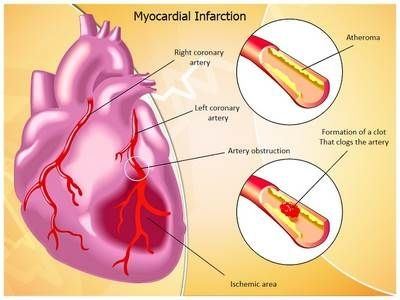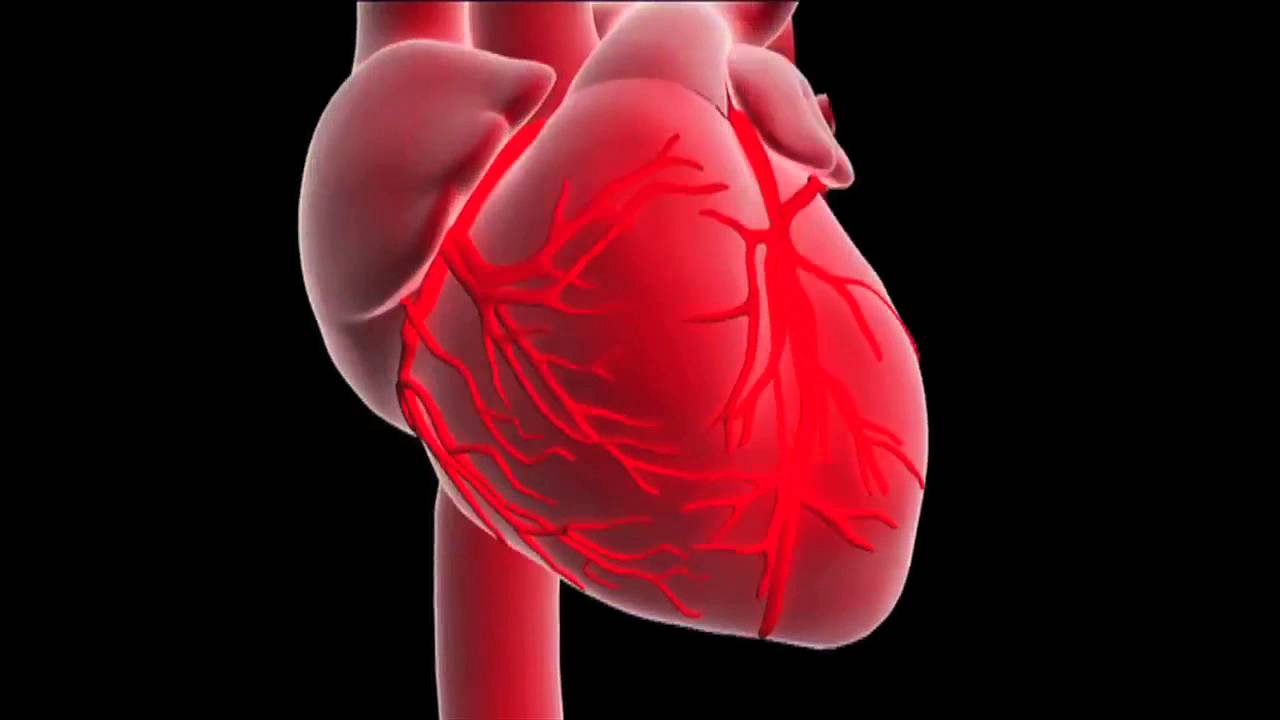Acute myocardial infarction is one of the significant causes of death. Myocardial infarction is a symptom of heart dysfunction caused due to the lack of blood supply to the heart muscle. Regarding myocardial infarction treatment, “reperfusion therapy” is the primary treatment used. The treatment helps to restart sufficient blood flow as soon as possible. However, when blocked blood flow becomes resuming suddenly, it can cause damage to the heart. Hence, it is called “reperfusion injury,” and its prevention and therapy are not yet clarified.
So that in this blog, I want to share the study “Fucoidan, a sulfated polysaccharide from brown algae, against myocardial ischemia-reperfusion injury in rats via regulating the inflammation response” by Chunmel Li et al., evaluate the improvement effect of fucoidan on myocardial ischemia-reperfusion.

First, after blocking the occlusion of the left anterior descending coronary artery for 30 minutes, rats were divided into two groups. One was without fucoidan (control group), and the other was fed fucoidan for seven days, inducing myocardial ischemia-reperfusion injury by 2 hours’ reperfusion surgery. After that, they evaluated the effects of treatment for each group concerning the myocardial ischemia-reperfusion injury.
Compared with the control group, fucoidan treatment improved left ventricular systolic pressure (LVSP) and left ventricular end-diastolic pressure (LVEDP). The Control group had increased the expression of inflammatory cytokine TNF-α and IL-6 by myocardial ischemia-reperfusion injury, but the fucoidan treated group was suppressed the expression of inflammatory cytokine.
Additionally, we also evaluated fucoidan influence on the heart condition by Histopathological examination of cardiac tissue, as for the control group, recognized vacuolization, extensive myocardium structure disorder, diffuse cloudy swelling, hyperemia, and invasion of white blood cells in the control group. On the other hand, the fucoidan treated group improved all of the mentioned symptoms (See Figure). As a result, fucoidan improved myocardial ischemia-reperfusion injury by inhibiting the inflammatory response. Therefore, we expected that fucoidan would effectively prevent and treat myocardial ischemia-reperfusion injury.

A: Non-operation, B: Saline group, C: Saline group, D: Fucoidan 100mg/kg, E: Fucoidan 50mg/kg
